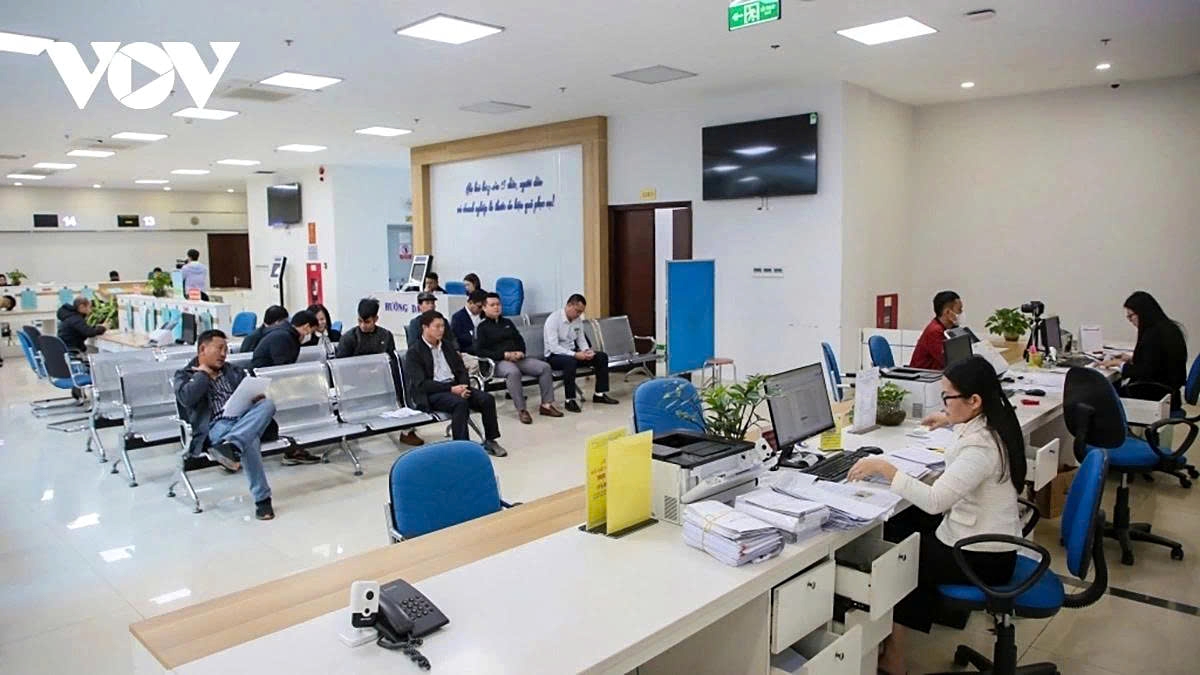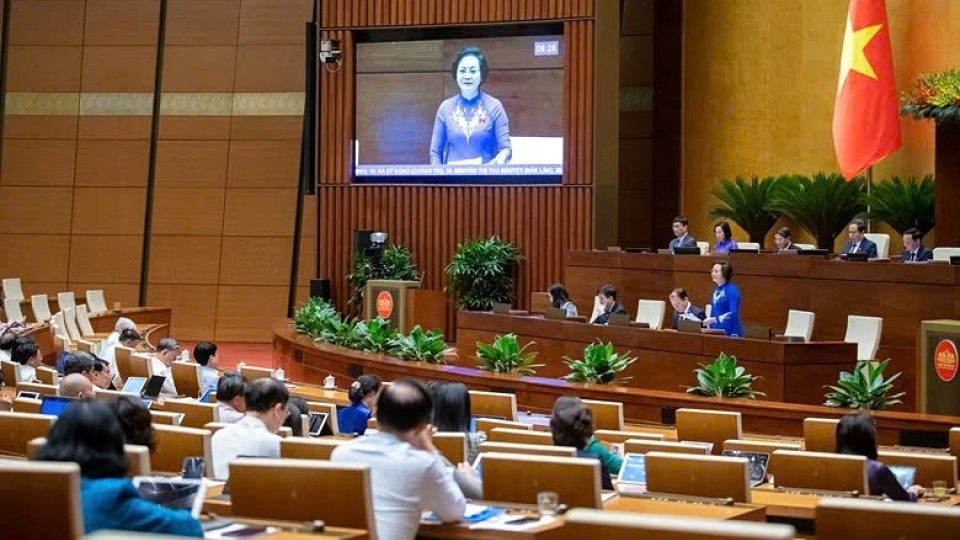New two-tier local government model to begin operations on July 1
VOV.VN - Vietnam’s new two-tier local government system is expected to start operating from July 1, 2025 after the National Assembly approves the amended Law on Organisation of Local Government, slated for June 16.

This marks the date when merged commune and ward-level administrative units will officially begin functioning. This reform is part of a larger administrative overhaul aimed at streamlining government structures and improving the efficiency of state management.
The National Assembly is also anticipated to approve a draft resolution on the reorganisation of provincial-level administrative units on June 12. Following the reorganization, the total number of the provincial/municipal-level administrative units will be reduced to 34, consisting of six centrally-governed cities and 28 provinces,
All 34 provinces and cities, after experiencing provincial mergers, will simultaneously announce their new administrative boundaries along with newly appointed Party and government leadership on June 30, so that the two-tier local government model will start operations on July 1.
During group discussions at the National Assembly on June 11, Deputy Prime Minister Nguyen Hoa Binh described the restructuring as nothing short of a revolution in organisational structure and personnel management.
He cited the results of public consultation, saying the overwhelming majority of citizens and localities support the policy, recognising key benefits such as the elimination of an intermediate administrative level, more streamlined governance, and the creation of economically viable regions that blend the strengths of coastal and mountainous areas.
For example, the merger of Binh Duong, Ba Ria – Vung Tau, and Ho Chi Minh City will form a powerful economic zone, comparable to Shanghai, noted Binh.
The issue of staff relocation after mergers is also significant. The Deputy PM clarified that personnel won’t be immediately and entirely moved to new provinces. Some will remain temporarily in former locations to assist local administrations with transitional operations, resolve pending projects, and manage citizen-related matters.
This gradual approach is crucial to ensure smooth operations of the new administrative structure, he said, adding no policy can satisfy everyone immediately and the core principle is sacrifice for the common good.






